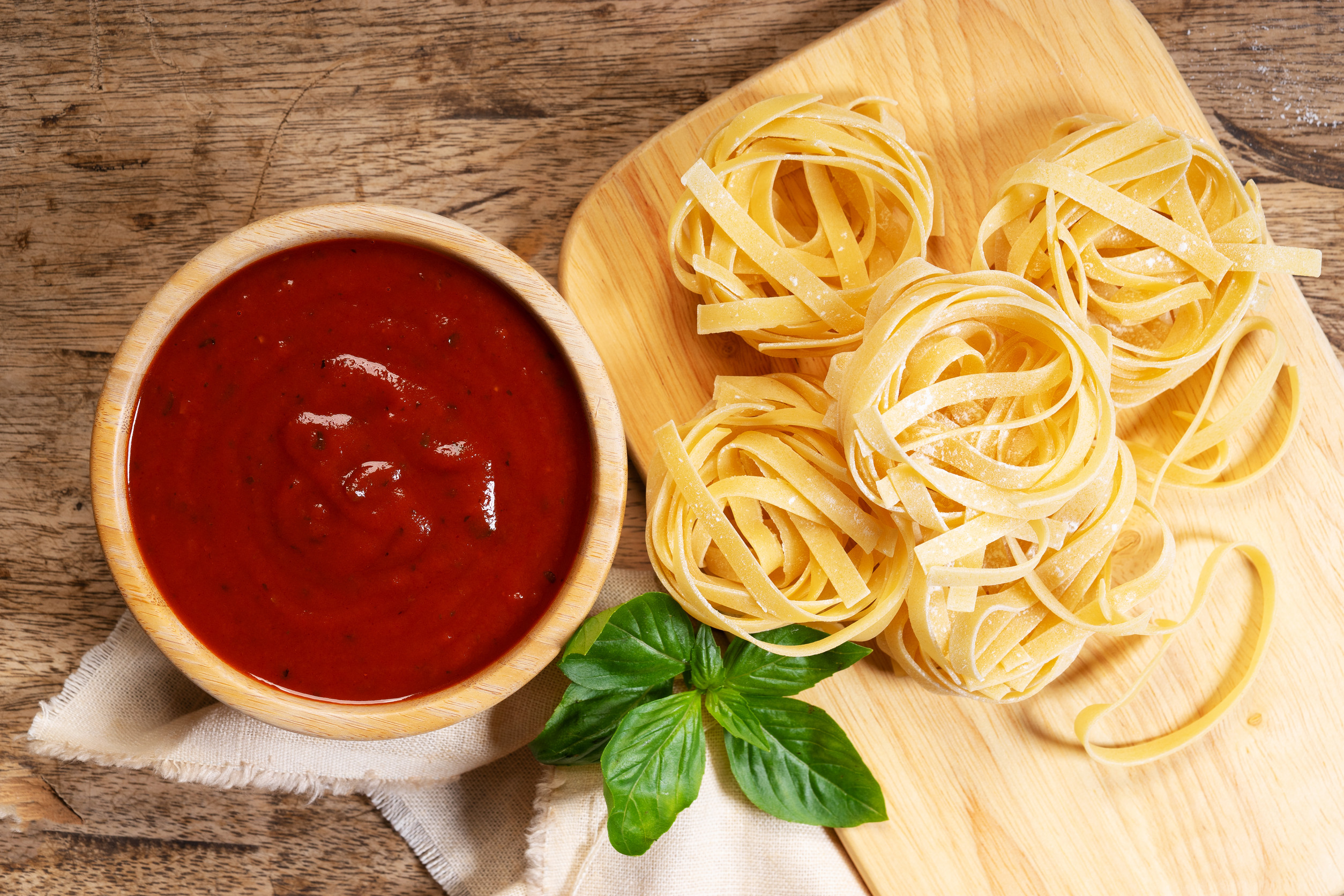
Cross-contamination occurs when a food product is accidentally tainted with allergens or bacteria from another source. For people with severe allergies, even trace amounts of these contaminants can cause life-threatening reactions. In recent years, the number of recalls related to cross-contamination has increased, often involving popular grocery items. These recalls not only create health risks but also lead to wasted food, financial loss, and consumer distrust. Knowing which products have been affected can help you protect your household.
1. Peanut Residue in Protein Snack Bars
A popular brand of protein snack bars was pulled from shelves after testing revealed undeclared peanut residue. The bars were made in a facility that also processed peanuts, and a cleaning oversight allowed traces to remain. For someone with a peanut allergy, even this small amount could cause anaphylaxis. The recall affected multiple flavors, making it essential for consumers to check batch numbers. It’s a reminder that “allergen-free” claims are only as reliable as the manufacturing process.
2. Undeclared Milk in Dark Chocolate Squares
Dark chocolate is often assumed to be dairy-free, but a major recall showed that’s not always the case. Several batches of dark chocolate squares contained milk proteins due to shared equipment with milk chocolate production. The contamination was not listed on the label, posing a serious risk to those with dairy allergies. This case highlights why allergen labeling is so critical in mixed production facilities. Consumers with allergies should look for “produced in a dedicated facility” on packaging.
3. Gluten in “Gluten-Free” Pasta
A gluten-free pasta brand faced backlash when cross-contamination was discovered in their manufacturing line. Wheat flour from another product entered the gluten-free batch, making it unsafe for people with celiac disease. The contamination likely occurred through shared drying and packaging equipment. The recall emphasized the importance of strict separation in allergen-sensitive production. It also showed why third-party testing is a valuable safeguard for gluten-free products.
4. Soy Contamination in Plant-Based Yogurt
A line of coconut-based yogurt was recalled after tests revealed soy protein contamination. The issue stemmed from shared blenders used for both soy and non-soy batches. Since soy is a top allergen, the unlisted ingredient puts certain consumers at serious risk. The incident underscores how even vegan or plant-based products can be unsafe for people with specific allergies. Always checking allergen warnings is crucial, even for products marketed as “free from” certain ingredients.
5. Listeria in Pre-Packaged Deli Meats
While allergens are a big part of cross-contamination recalls, bacteria like Listeria are also a major concern. A recall on pre-packaged deli meats occurred when Listeria was detected due to improper cleaning between product runs. Listeria can cause severe illness, especially in pregnant women, newborns, and older adults. Even products kept in refrigeration are not immune to contamination risks. This case shows why food safety protocols must be followed consistently.
6. Sesame in Bread Products Without Proper Labeling
A bakery chain had to recall multiple bread products after sesame seeds were found in batches that were not supposed to contain them. The contamination came from shared storage bins that were not fully cleaned between uses. Sesame allergies are on the rise, making this recall especially concerning. The incident prompted calls for stricter allergen storage procedures in bakeries. Since sesame is now recognized as a major allergen, labeling laws have tightened in many regions.
7. Almond Contamination in Granola Mixes
A granola manufacturer issued a recall after almond fragments were discovered in nut-free varieties. Cross-contact occurred when the same equipment was used for both almond and non-almond batches without adequate cleaning. For people with nut allergies, this posed a serious danger. This recall served as a reminder that “nut-free” claims require rigorous compliance in processing facilities. The incident also encouraged some consumers to switch to brands with dedicated nut-free plants.
8. Fish Proteins in Vegan Meat Alternatives
A recall of vegan meat products surprised many shoppers when it was revealed they contained traces of fish protein. The contamination happened when a supplier processed fish-based ingredients on the same line used for plant-based proteins. The mistake meant the vegan label was technically false and unsafe for those with fish allergies. This incident shows how recalls can affect niche dietary products that consumers expect to be safe by default. Ingredient sourcing plays a huge role in preventing such cross-contact.
9. Egg Traces in Non-Egg Pasta Sauces

A pasta sauce marketed as vegan was found to contain egg protein, likely due to shared utensils in the manufacturing kitchen. For people allergic to eggs, this could cause severe reactions. The company issued a voluntary recall and promised to retrain staff on allergen safety. This example highlights how human error in labeling or handling can lead to dangerous consequences. Consumers should be aware that “vegan” labeling is not regulated in the same way as allergen statements.
10. Multiple Allergen Contamination in Trail Mixes
One of the most complex recalls involved trail mix products contaminated with multiple undeclared allergens, including peanuts, tree nuts, and milk. The contamination occurred because multiple products were processed on the same line without proper cleaning. The recall affected several major retail chains nationwide. Multi-ingredient snacks are especially vulnerable to cross-contamination due to their complex production processes. This case is a clear reminder of the importance of reading allergen advisories carefully.
Staying Informed Protects Your Health
Cross-contamination recalls are a serious issue for anyone with food allergies or sensitivities. While manufacturers are required to follow strict guidelines, mistakes still happen—sometimes with dangerous consequences. Staying informed through official recall alerts and double-checking product labels can greatly reduce your risk. If you or someone in your household has severe allergies, choosing products from dedicated allergen-free facilities may be worth the extra cost. In the end, vigilance is the best defense against the hidden dangers of cross-contamination.
Have you ever been affected by a food recall? Share your experience and how you stay informed in the comments.
Read More
7 Times Pet Food Was Recalled Without National Coverage
8 Everyday Foods That Were Recalled But Never Made the News
The post 10 Shelf Products Recalled for Cross-Contamination appeared first on Grocery Coupon Guide.







